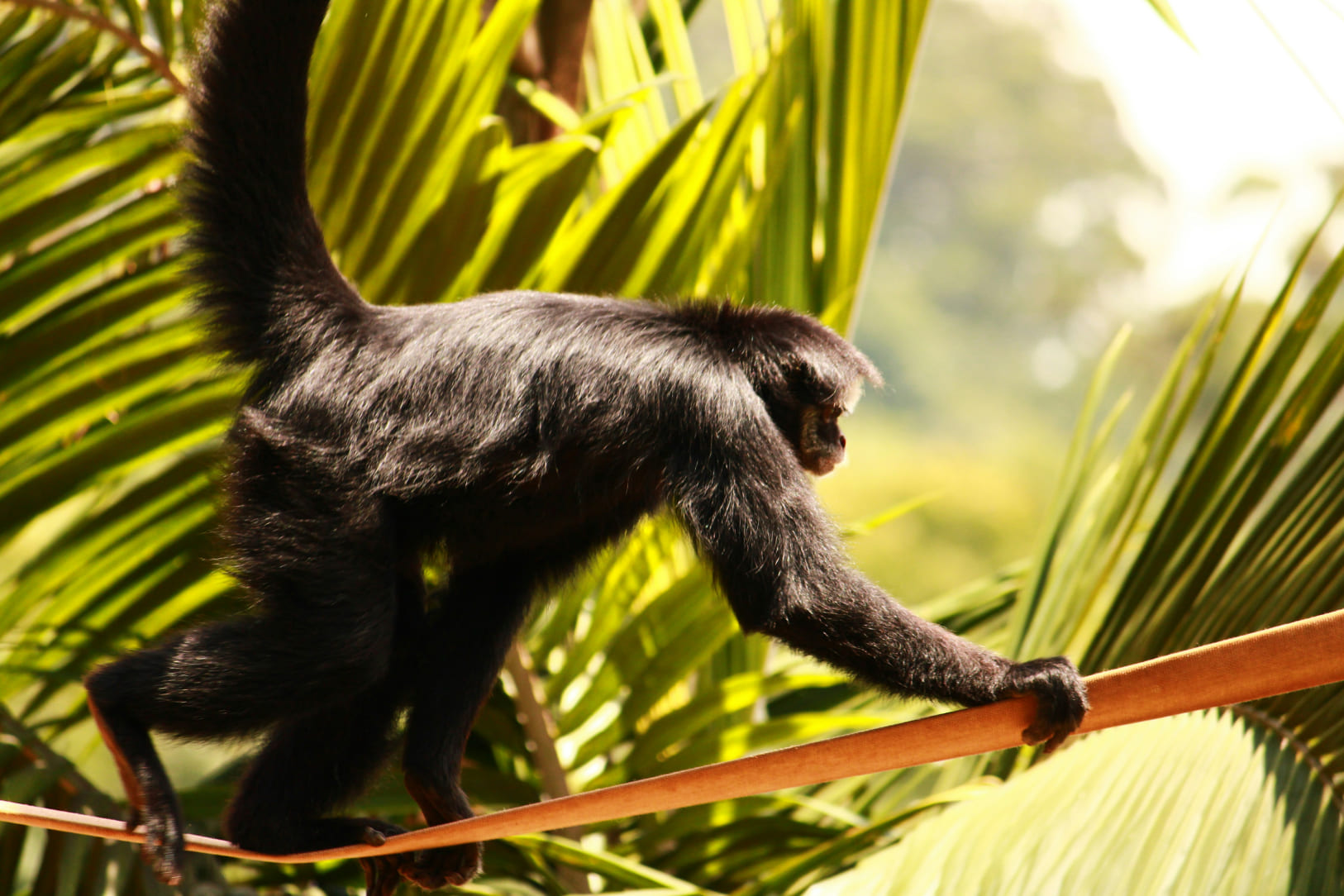
The Black Howler Monkey is a fascinating primate best known for its powerful, booming calls that echo across vast distances. Although it typically inhabits tropical forests, this species can sometimes be found in savanna regions bordering woodlands. The dense patches of trees provide shelter and food, allowing them to adapt to these transitional areas.
Read MORE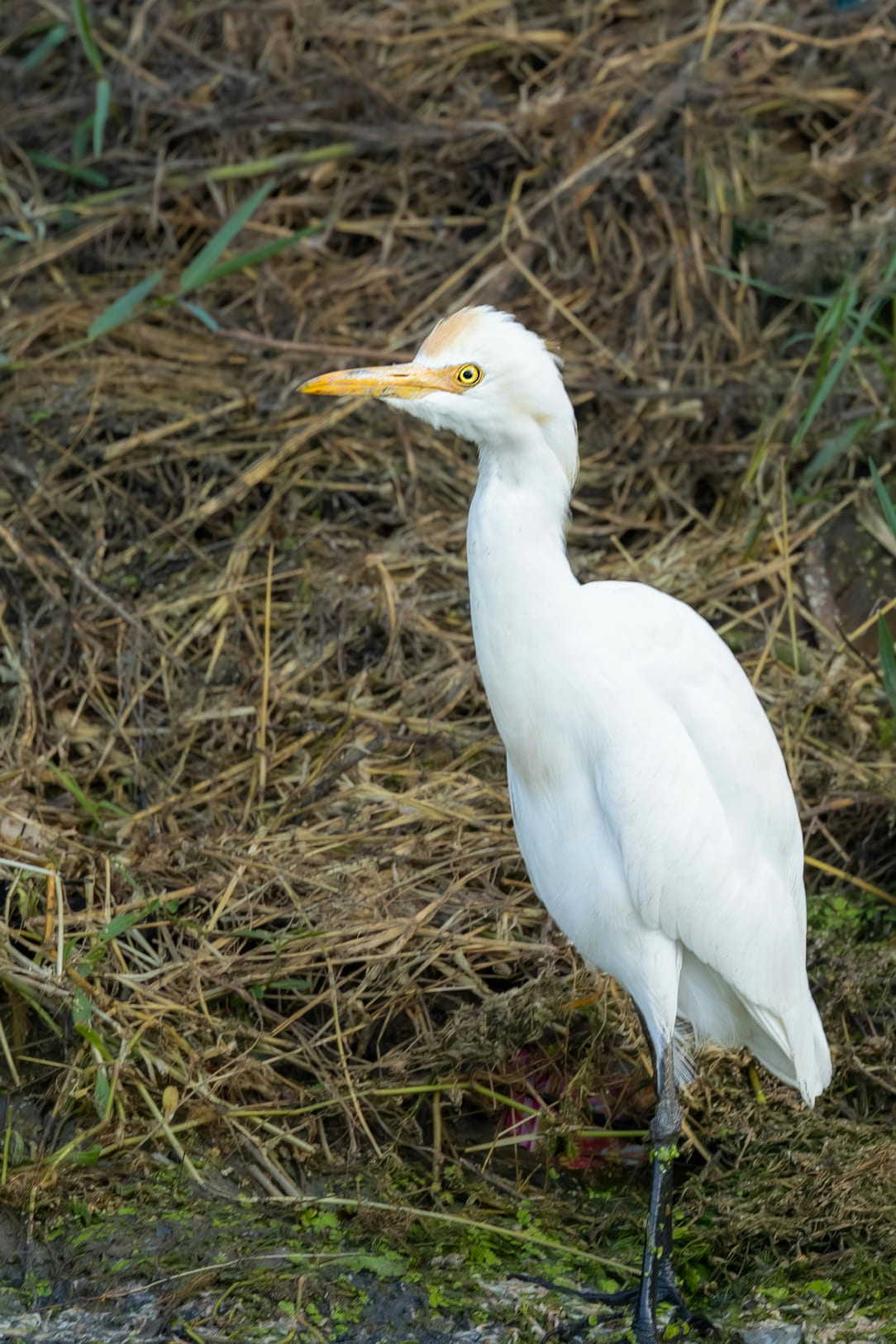
The Cattle Egret is a small but highly resourceful bird that has made a name for itself in the savanna. Unlike other herons that prefer watery habitats, the Cattle Egret thrives in open grasslands, where it has developed a unique partnership with large mammals. These birds are often seen perched on the backs of zebras, buffalos, and elephants or walking alongside them.
Read MORE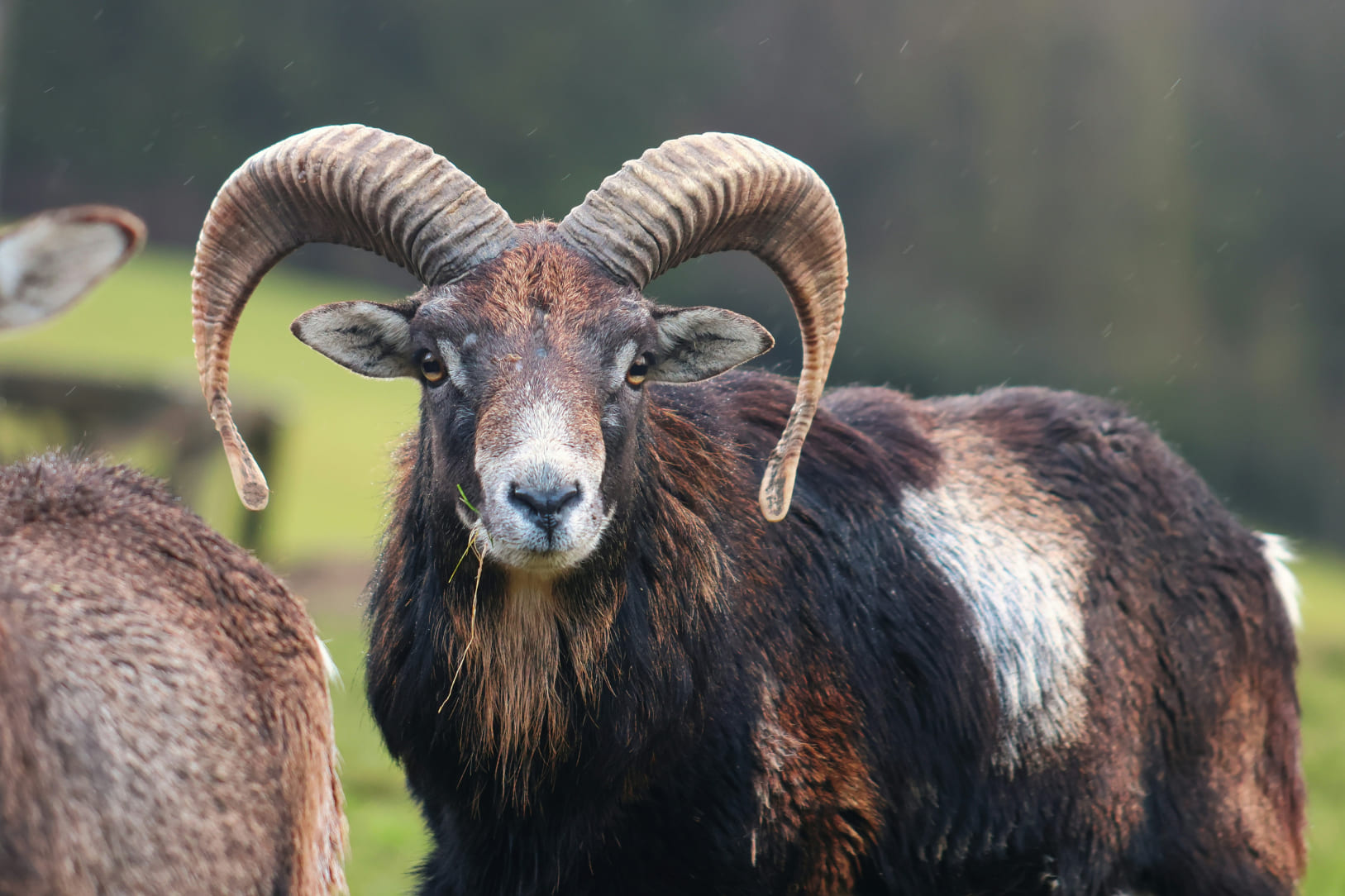
Argali sheep, or wild mountain sheep, are magnificent creatures that occasionally inhabit the edges of savanna ecosystems near rocky terrains. Known for their massive, spiraling horns, these animals are symbols of strength and resilience. Males use their impressive horns during mating season to compete for dominance, engaging in head-butting contests that can last for hours.
Read MORE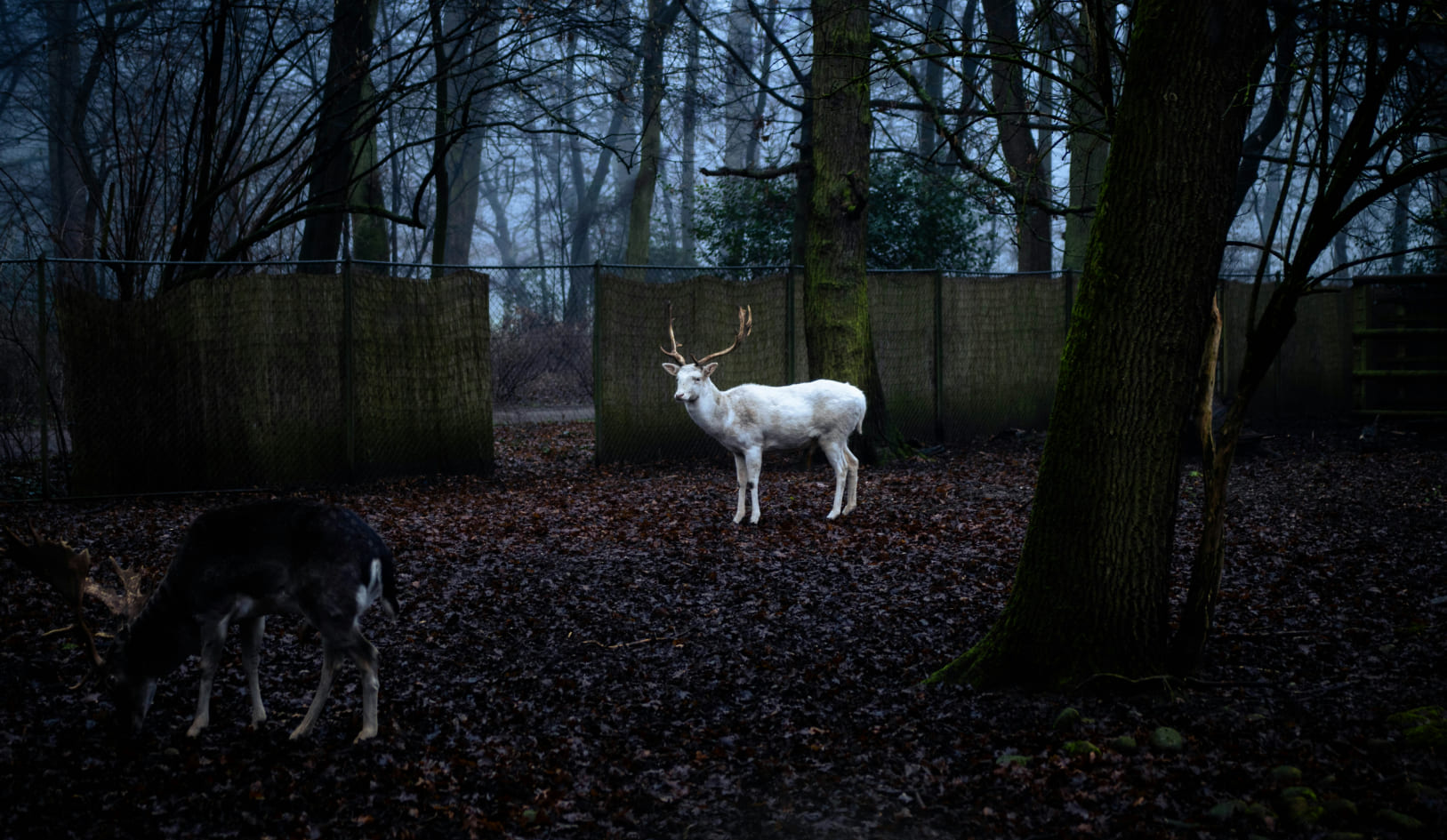
The White Fallow Deer is a captivating animal that occasionally roams the savanna's grassy landscapes. Its distinctive white coat, a result of a rare genetic mutation, makes it stand out against the golden backdrop of the plains. However, this striking appearance also makes it more vulnerable to predators, as it lacks the natural camouflage of its darker counterparts.
Read MORE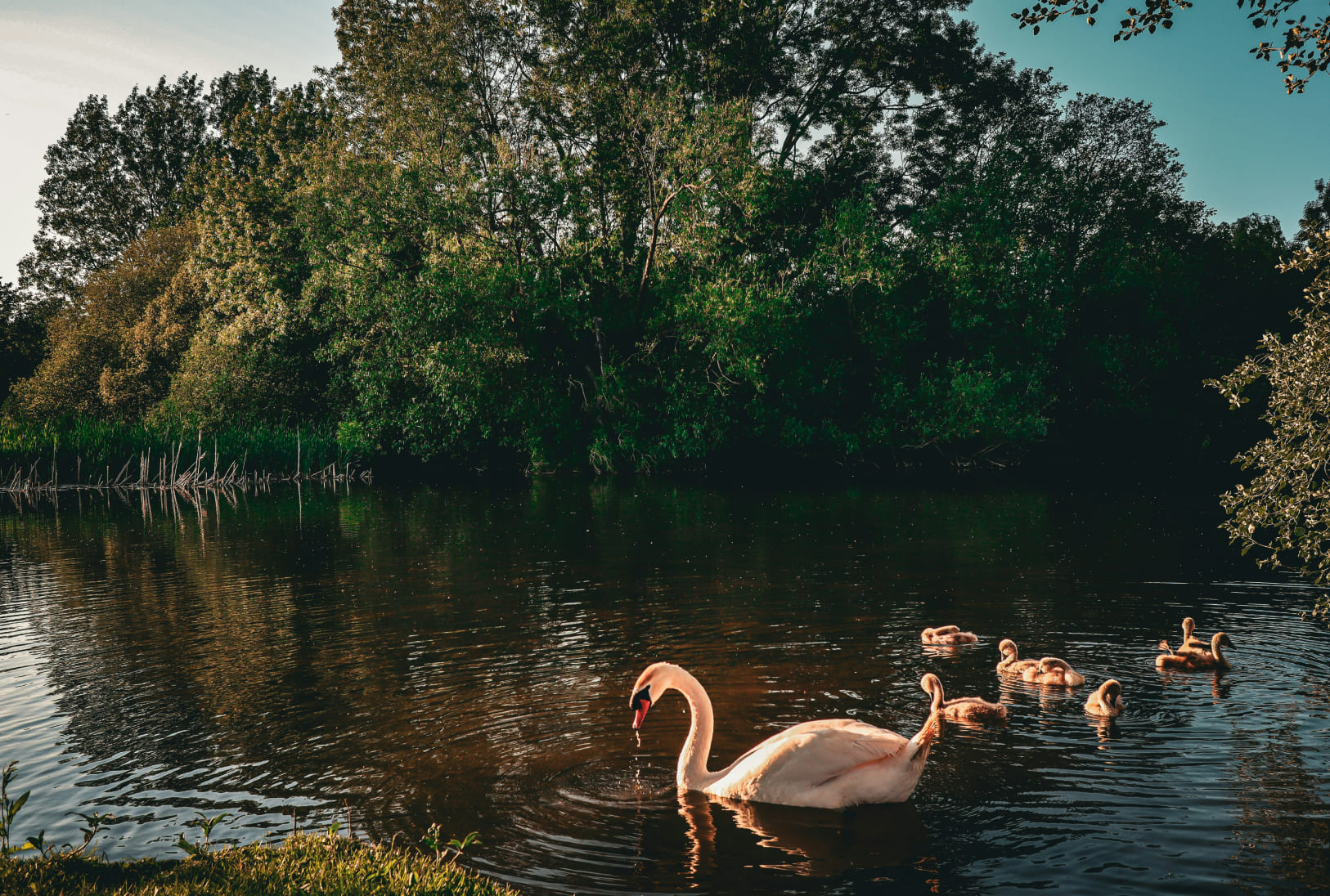
Swans are more commonly associated with lakes and wetlands, but certain species have been observed in savanna regions with nearby water sources. These majestic birds, with their long necks and elegant movements, bring a touch of grace to the golden grasslands. They rely on seasonal ponds, rivers, and marshes within the savanna for their survival, feeding on aquatic vegetation, small insects, and grasses.
Read MORE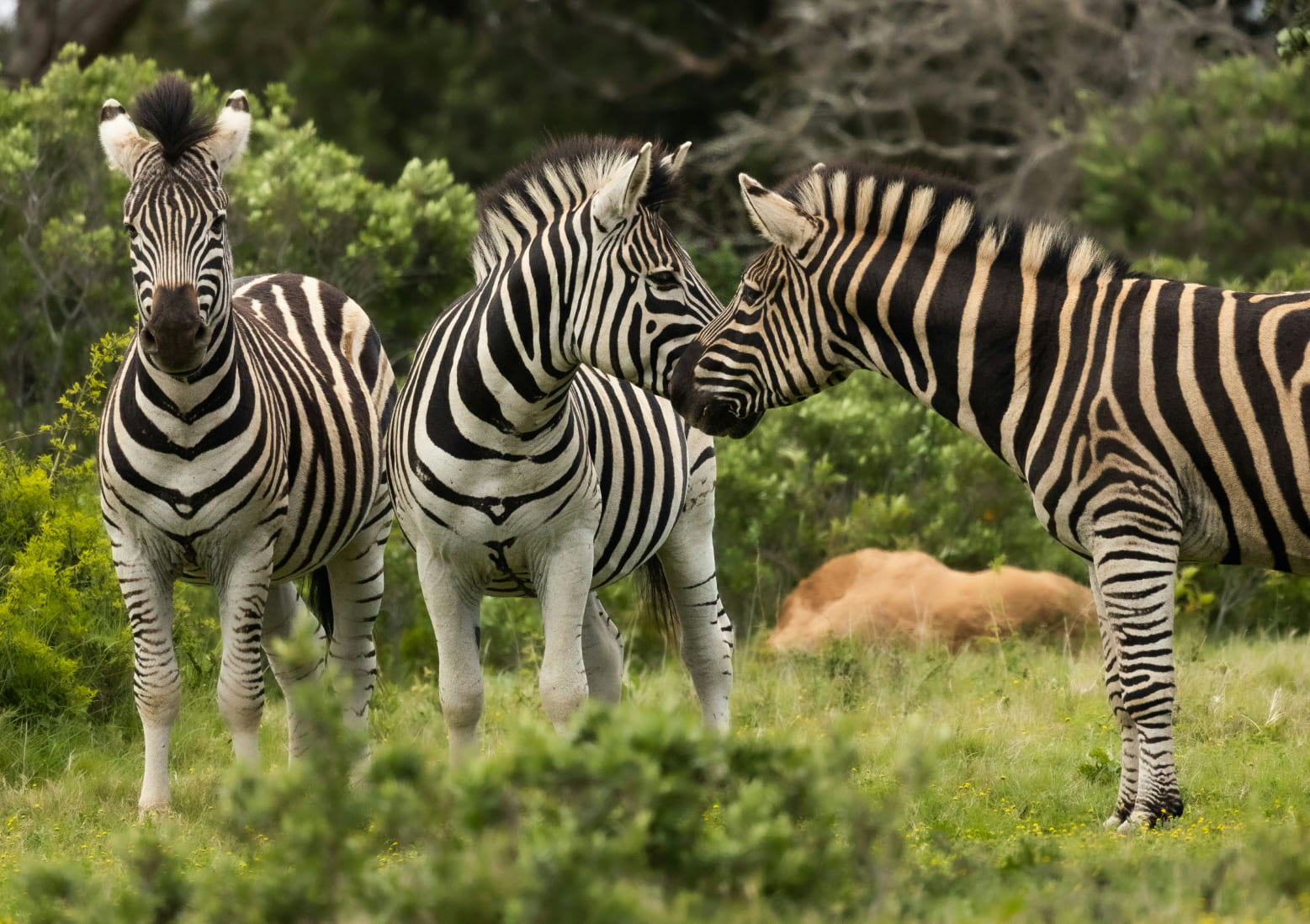
Zebras are one of the most recognizable animals of the savanna, known for their striking black-and-white stripes. Each zebra’s pattern is unique, much like a human fingerprint, and serves multiple purposes, including camouflage, temperature regulation, and social recognition. Zebras are highly social animals, living in large herds that provide protection from predators such as lions and hyenas.
Read MORE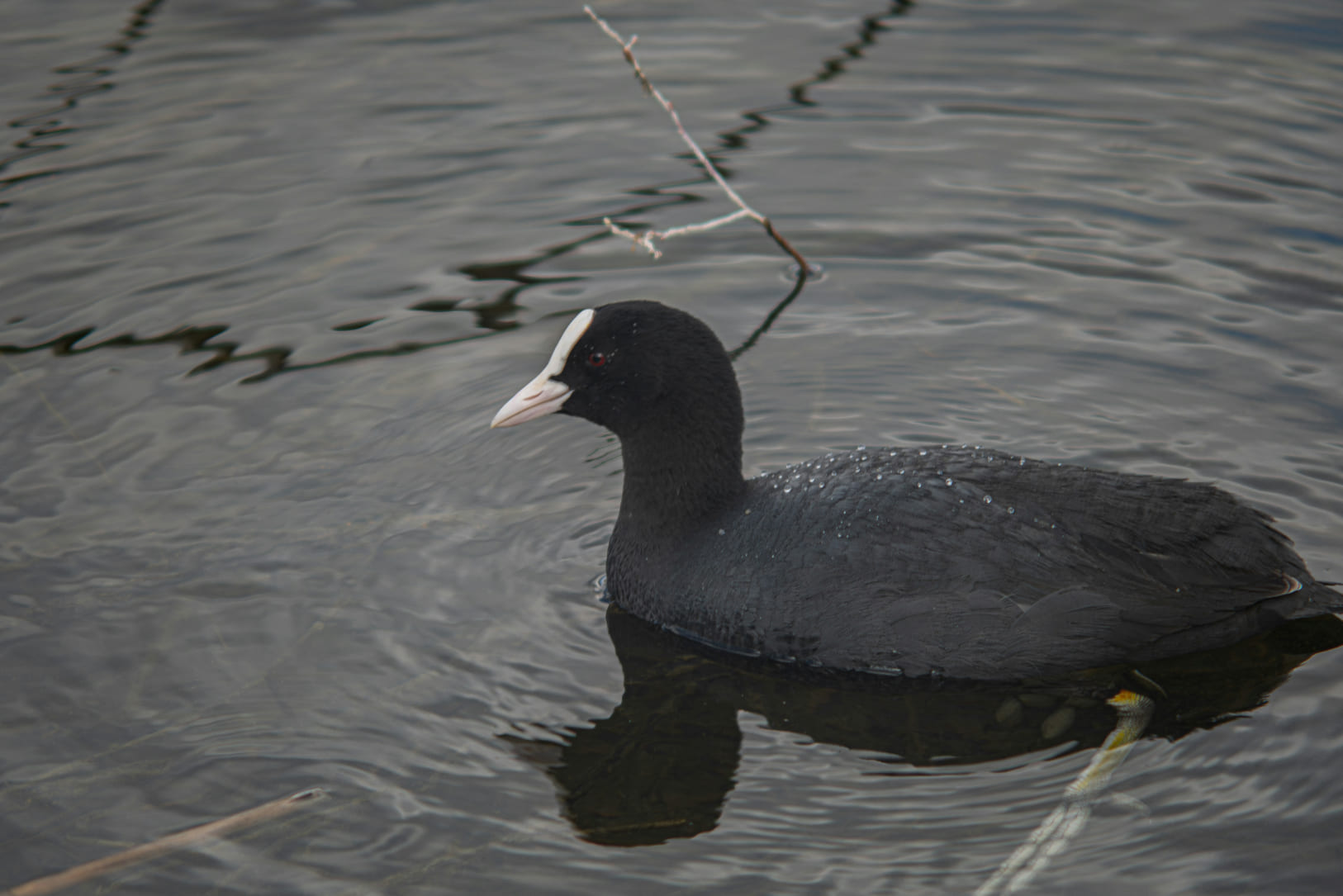
The Eurasian Coot is a fascinating waterbird that brings life and motion to the wetlands scattered across the savanna's edges. Recognizable by its black plumage and striking white frontal shield, this bird is both graceful and determined. Although it is more commonly associated with larger lakes and rivers, the Eurasian Coot thrives in smaller ponds and seasonal waterholes found in savanna ecosystems. Its adaptability to varying conditions has made it a successful species in many parts of the world.
Read MORE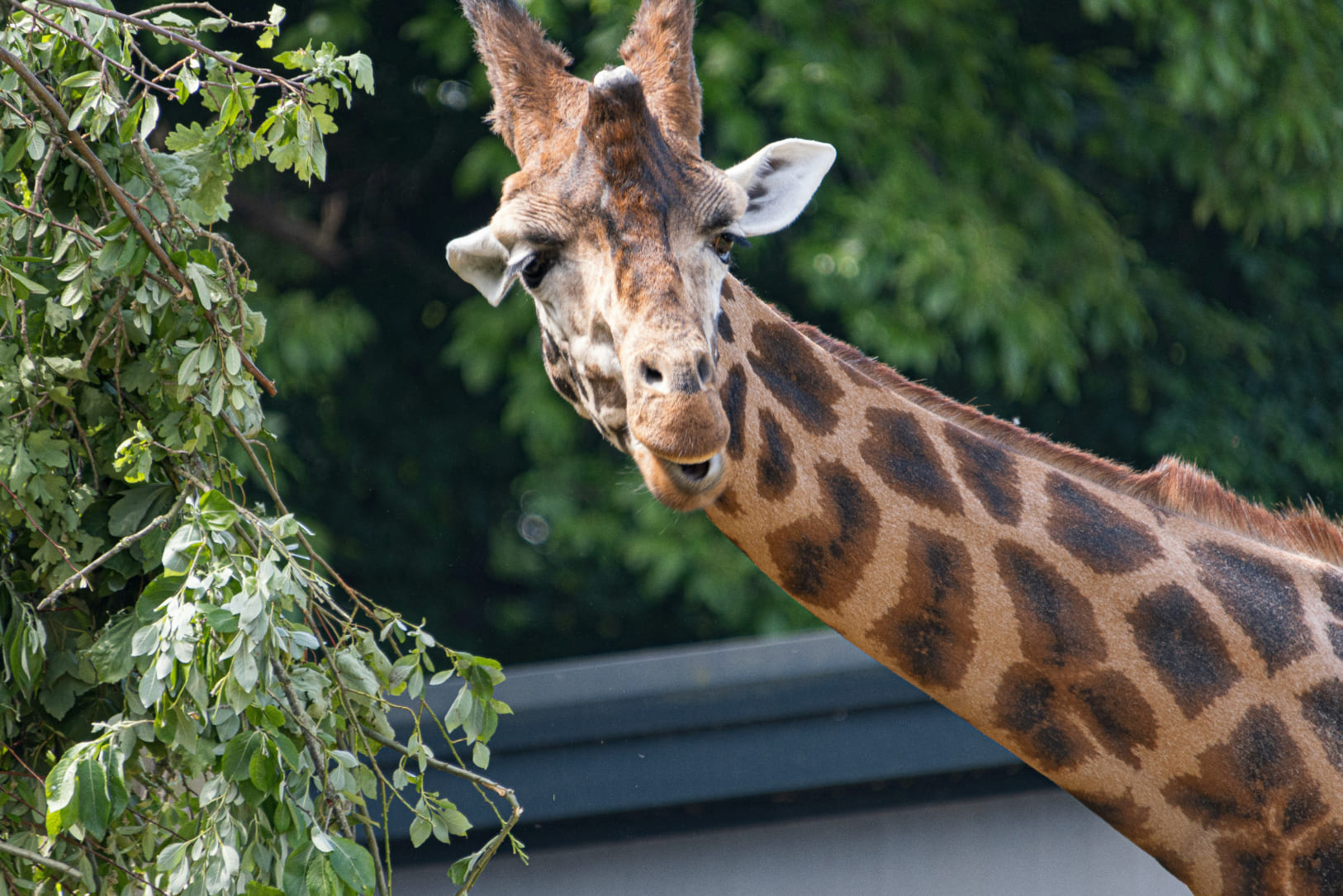
The Northern Giraffe is one of the savanna's most iconic and majestic residents. Known for its extraordinary height, which allows it to browse leaves from the tops of acacia trees, the giraffe is perfectly adapted to the open grasslands of Africa. Each giraffe's coat is patterned with unique, irregular spots, making every individual as distinct as a fingerprint.
Read MORE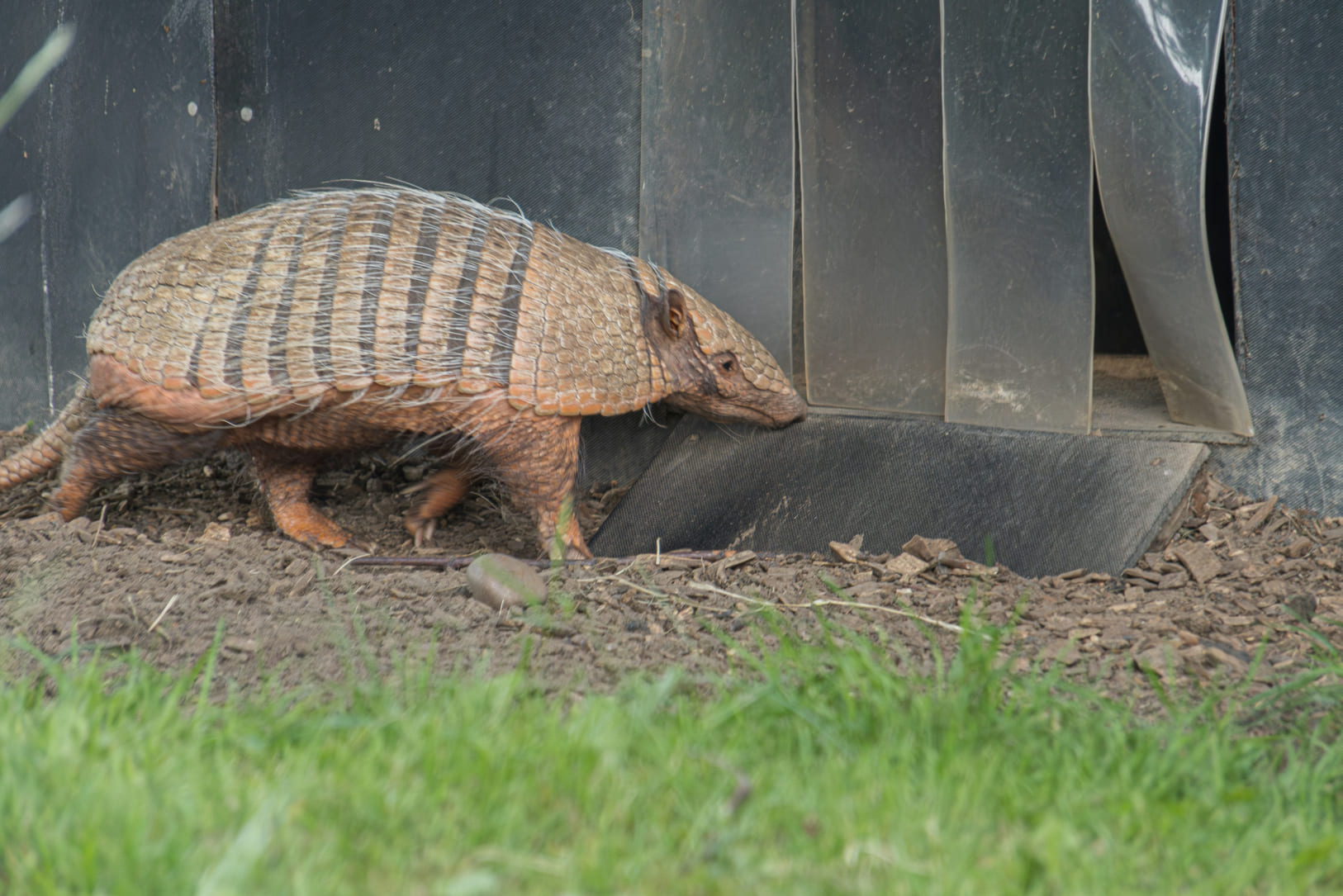
Armadillos are remarkable creatures, often described as nature’s tanks due to their distinctive, armor-like shells. While they are more commonly associated with the Americas, some armadillo species can be found in savanna-like environments, where they have adapted to the challenges of open grasslands. Their tough, protective shells consist of overlapping plates that shield them from predators, making them one of the most resilient mammals in the wild.
Read MORE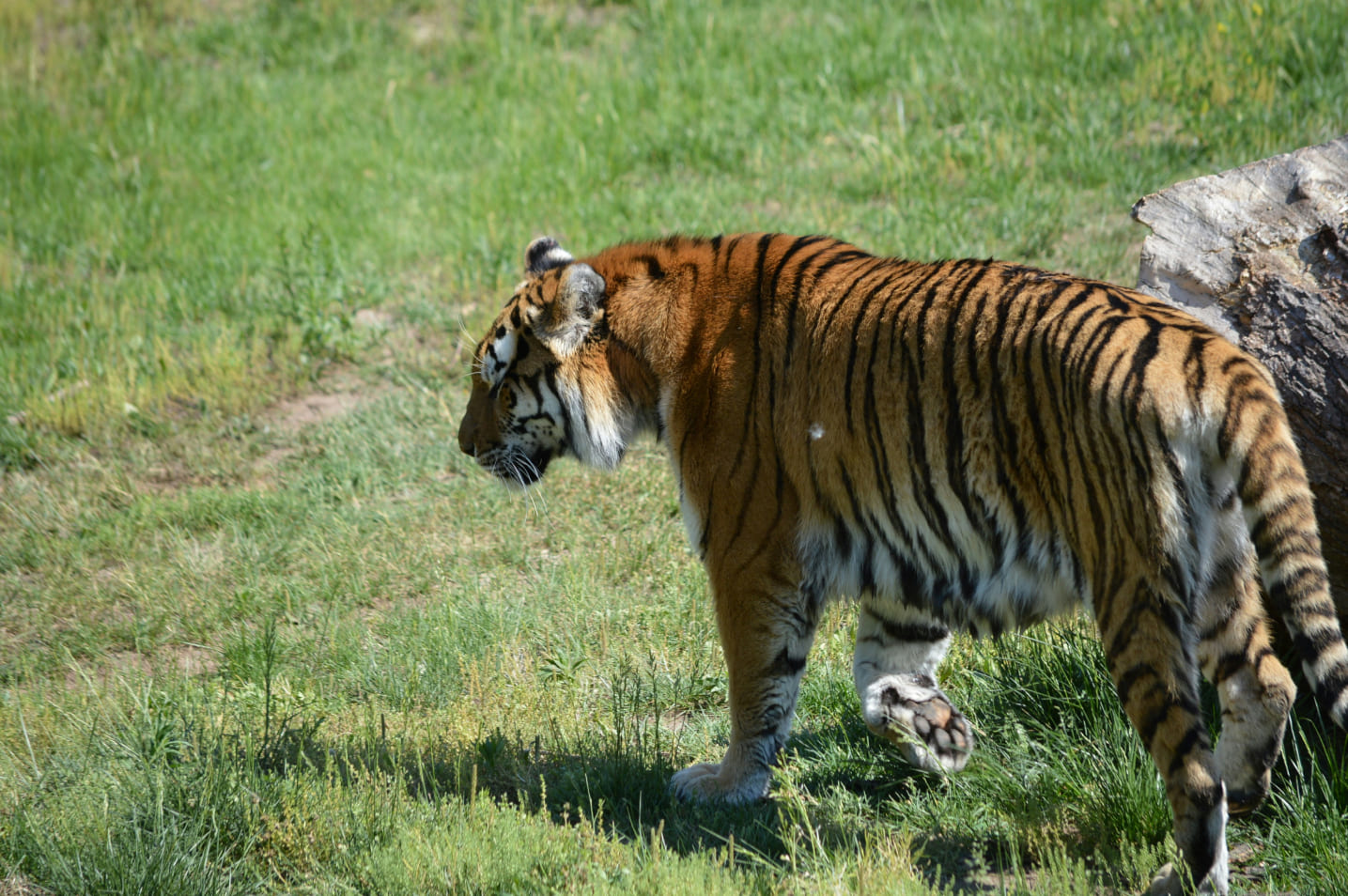
The Amur Tiger, also known as the Siberian Tiger, is a striking predator that stands as a symbol of strength and resilience. While it primarily inhabits temperate forests, its adaptability allows it to thrive in transitional savanna-like landscapes found in certain regions. Known for its thick orange coat with black stripes, the Amur Tiger is one of the largest big cats in the world, capable of bringing down prey much larger than itself.
Read MORE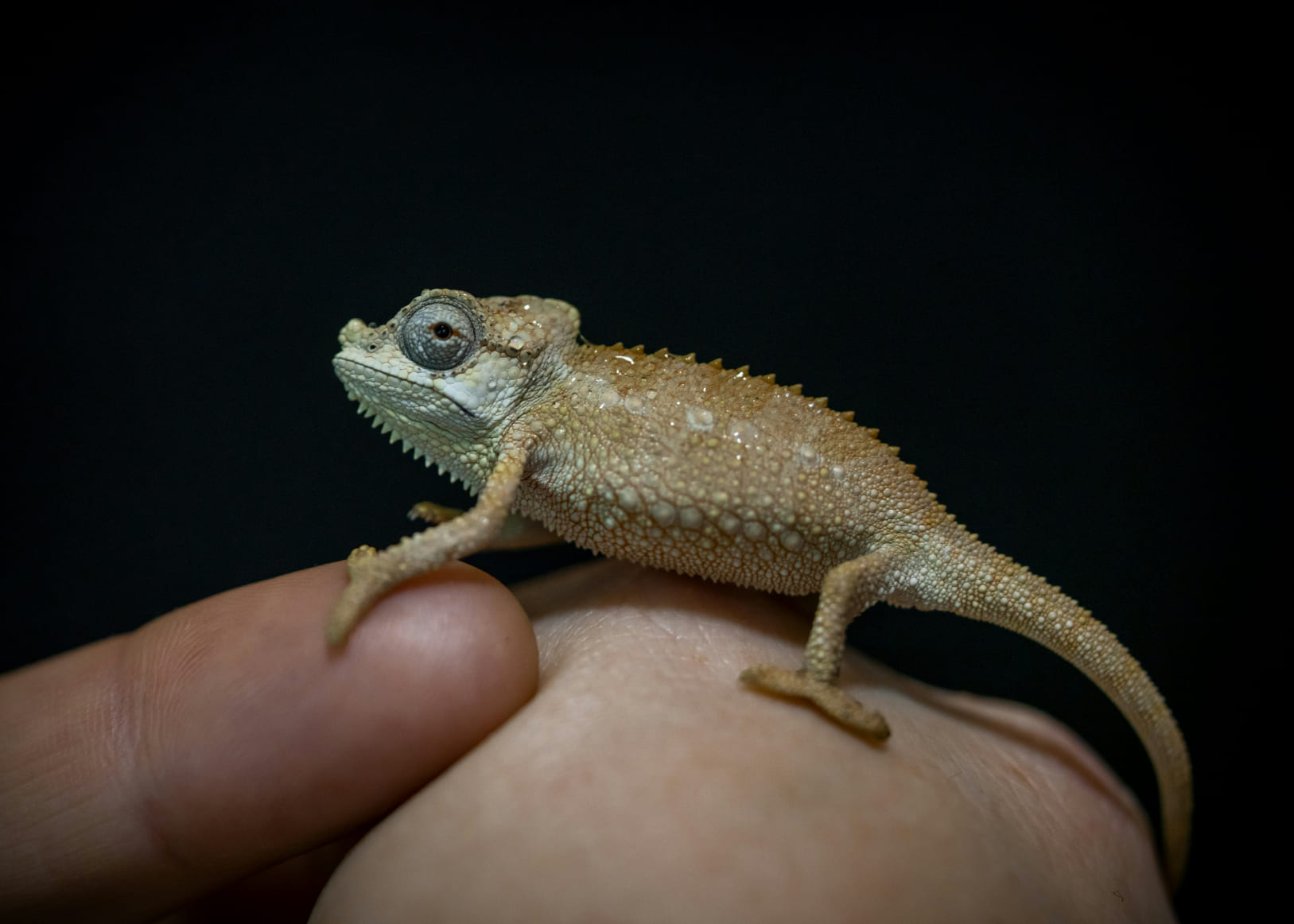
Chameleons are some of the most fascinating reptiles in the savanna, renowned for their ability to change color and blend seamlessly into their surroundings. This remarkable skill serves multiple purposes, including communication, temperature regulation, and camouflage from predators. Found in both savannas and forests, chameleons are expert climbers with zygodactyl feet and prehensile tails that allow them to navigate trees and shrubs with ease.
Read MORE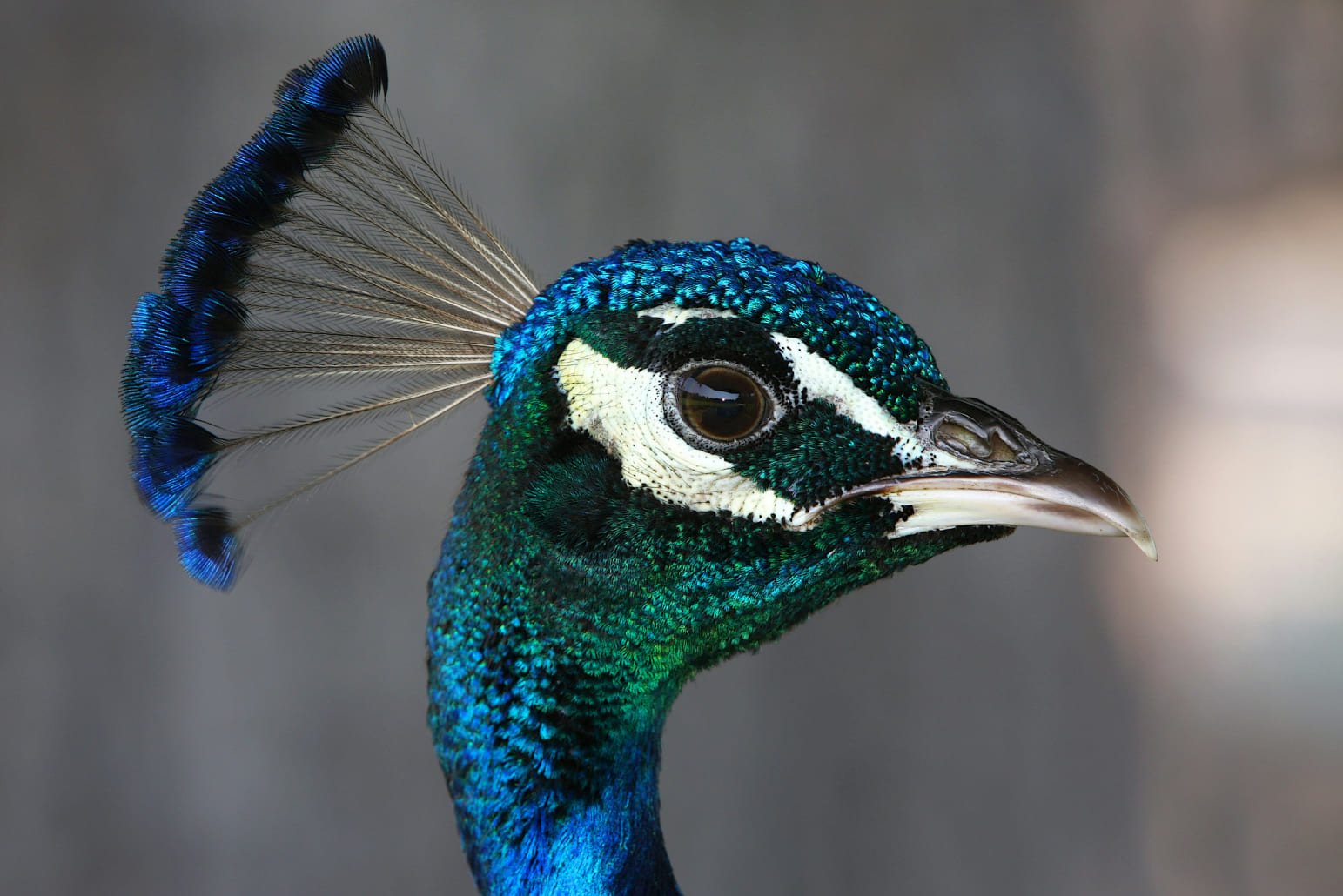
The peacock, with its dazzling plumage and graceful movements, is one of the most captivating birds found in savanna regions. Known for their iridescent tail feathers, which form an elaborate fan during courtship displays, peacocks symbolize beauty and elegance. Males use their colorful tails to attract females, creating a spectacular visual display that has fascinated humans for centuries.
Read MORE